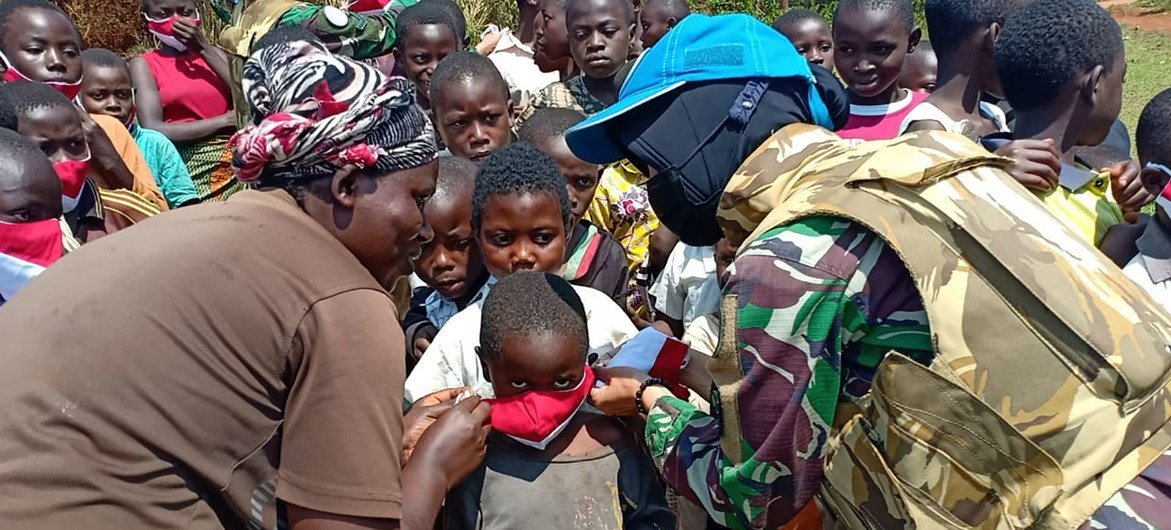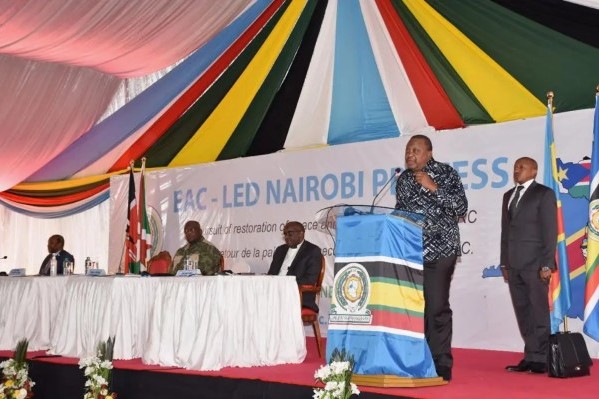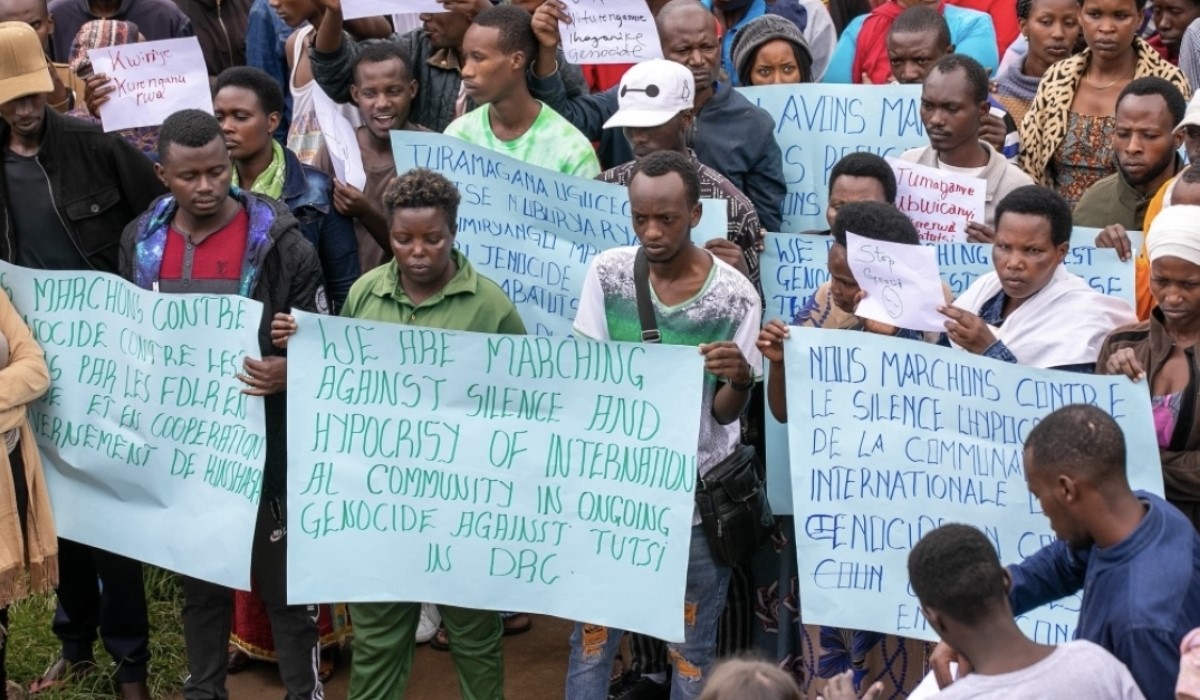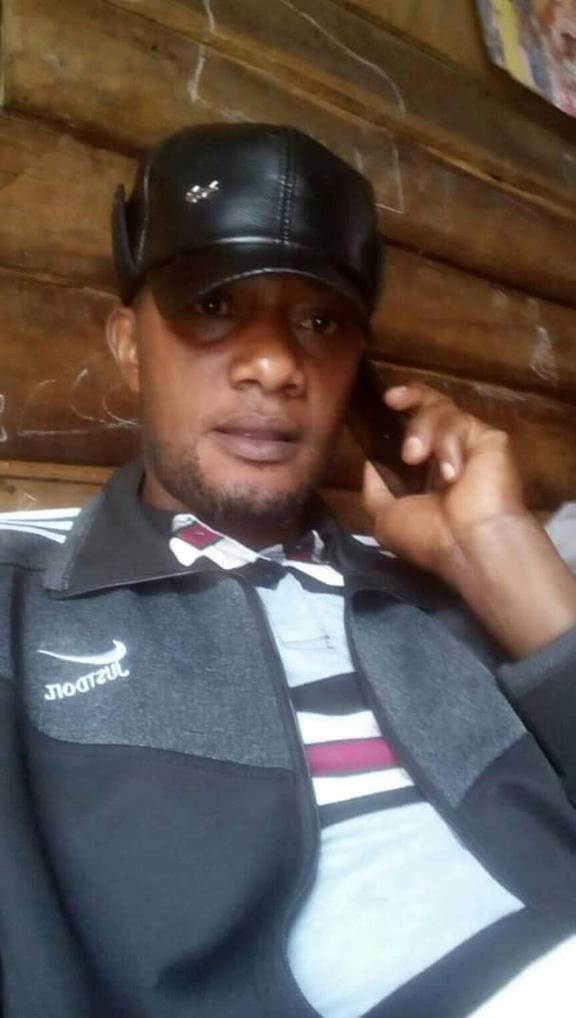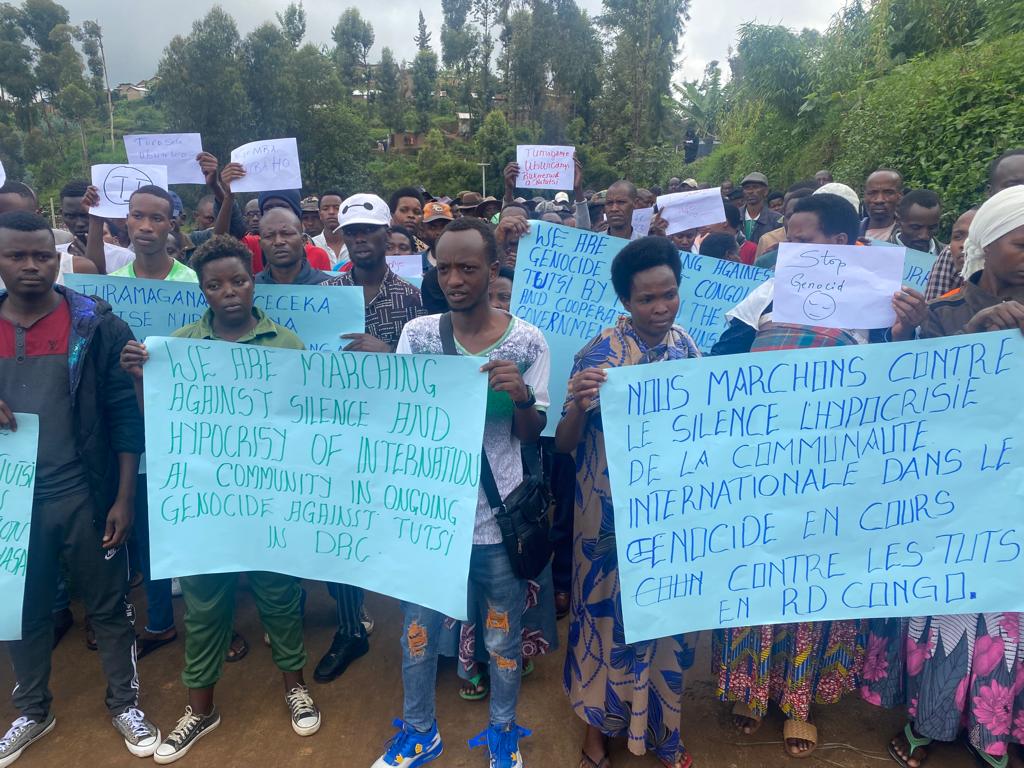Regional
Understanding the plight of Kinyarwanda speaking Congolese in DRC
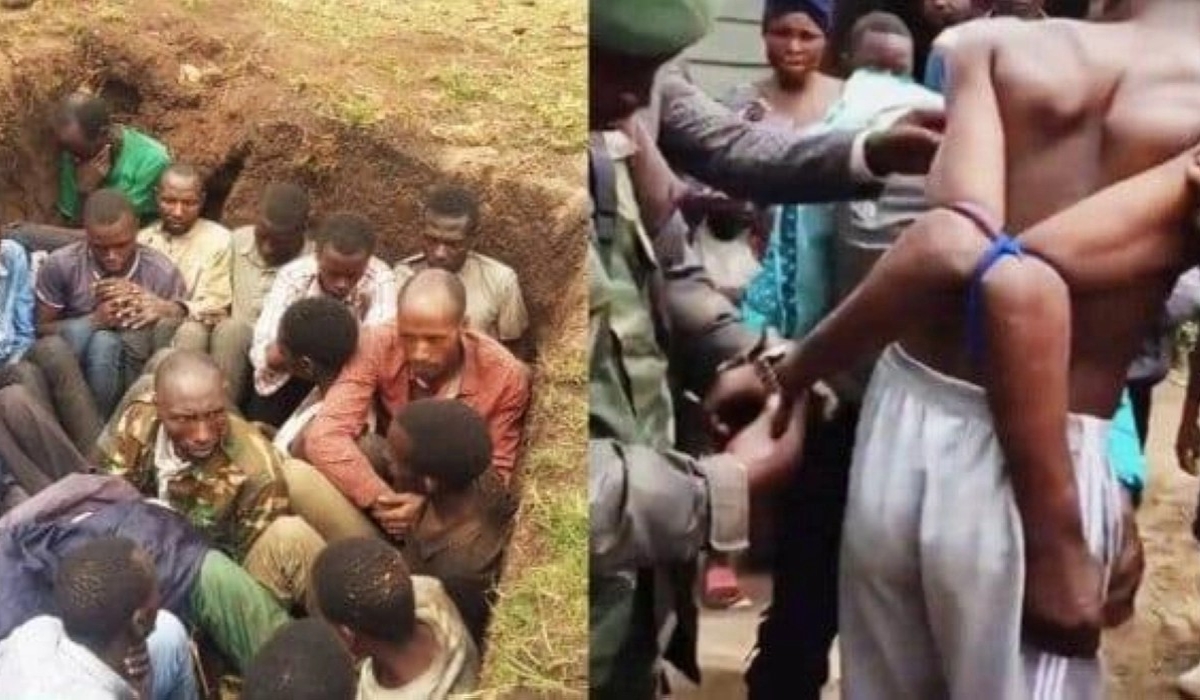
The M23 rebellion is fighting for the rights of its persecuted Congolese Tutsi communities who re denied rights to life and citizenship in their own country, DRC.
In the
ongoing war between the Democratic Republic of Congo armed forces (FARDC) and
the M23 rebels, Kinshasa has repeatedly claimed that the Rwandan army is
fighting alongside the rebels. The UN Group of Experts (GoE) has also echoed
the claim of Rwanda supporting M23.
Rwandan
authorities have raised concerns about the independence of these experts’
reports, which appear to be politically motivated and aim at tarnishing the
image of Rwanda.
The
DRC and the international community driven by their mutual interests mislead
the world to believe that since M23 rebels are Kinyarwanda speaking, therefore,
they are Rwandans and not Congolese. This is a gross denial of historical
facts.
In
1884, at the Berlin conference that partitioned Africa, the territory of Rwanda
was reduced from 168,606 Km2 to 26,338 Km2. A vast land of 124, 553
Km2 was attached to the DRC and 17,715 Km2 attached to Uganda. This
was how Kinyarwanda-speaking people found themselves in different
countries in the Great Lakes Region, including the DRC.
After
DRC independence, Congolese authorities started considering Rwandophones as
foreigners. This led to the “Guerre Kanyarwanda”, a conflict for land
autonomy. Rwandophones (Tutsi and Hutu) fought against other ethnic
groups, such as Nande, Hunde, and Nyanga, in the region. The Congolese
army responded with systematic killings of Rwandophones in Masisi region.
Over
time, Congolese authorities passed different laws to strip Rwandophones of
Congolese nationality. In particular, the 1981 citizenship bill restricted
nationality to those who could prove their ancestors lived in Zaire (DRC)
before 1885.
Then
Rwanda President Juvenal Habyarimana and President Mobutu Sese Seko of then
Zaire organized the migration of the Hutu into Masisi in the 1980s,
through what was known as “transplantation”, intending to undermine the growing
land control by the Tutsi in Masisi, North-Kivu.
The
transplantation was supported by the local association of Congolese Hutu
farmers called Mutuelle des agriculteurs des Virunga (MAGRIVI) which
later evolved into a political organization with an anti-Tutsi genocide
ideology prevalent in Rwanda at the time.
Due to
this anti-Tutsi ideology, xenophobia and systemic discrimination were directed
only at Rwandophone Tutsi.
In
1993, militias known as Mai-Mai and Bangilima, composed of Hunde, Nande, and
Nyanga, attacked Tutsi communities in North Kivu with the support of government
authorities, causing mass displacement.
From
July 1994, the mass exodus of Rwandan refugees controlled by génocidaires,
Ex-FAR (former Rwandan Armed Forces), and Hutu militia Interahamwe poured into
North Kivu and South Kivu Provinces enmass. Their subsequent reorganization as
a military force (FDLR-FOCA) further spread the genocide ideology in the
region and exacerbated ethnic tensions between the Congolese Hutu and Tutsi
communities.
The
collaboration between Congolese Hutu and Rwandan génocidaires armed groups
including FDLR intensified the killings of Congolese Tutsi, causing mass
displacement of the Congolese Tutsi to Rwanda, Burundi, and Uganda since
1996.
Congolese
Tutsi are a target each time there are political upheavals in DRC.
To date, hate speech against Congolese Tutsi communities has spread nationwide by the DRC security personnel or political figures, civil society actors, and members of the Congolese diaspora, through conventional media and social media.
In
June 2022, the UN High Commissioner for Human Rights Michelle Bachelet and
Special Adviser on the Prevention of Genocide Alice Nderitu expressed their
concerns on escalation of hate speech and incitement to discrimination,
hostility or violence nationwide – and specifically against Kinyarwanda
speaking community.
More
than a year later, the situation has not changed yet there are early signs of
acts of genocide against the Congolese Tutsi.
Despite
the fact that DRC authorities signed political agreement with M23 rebels
aimed at addressing political grievances largely based on marginalization and
discrimination of Kinyarwanda speaking communities, such agreements were never
Implemented.
The
failure by Kinshasa to honour the agreements with M23 rebels and the continued
persecution of Kinyarwanda speaking Congolese, with thousands living as
refugees in neighboring countries and beyond, make the case for the continued
fighting by the M23 rebel group. The latter is fighting for the rights of its
persecuted Congolese Tutsi communities who re denied rights to life and
citizenship in their own country, DRC.
From
the above historic facts, the genesis of the crisis in eastern DRC falls under
the responsibility of both the international community and the DRC government.
As long as the two actors continue to run away from addressing the root causes of the crisis but instead want to make it a burden of other countries, security in the Great Lakes region will remain elusive.



